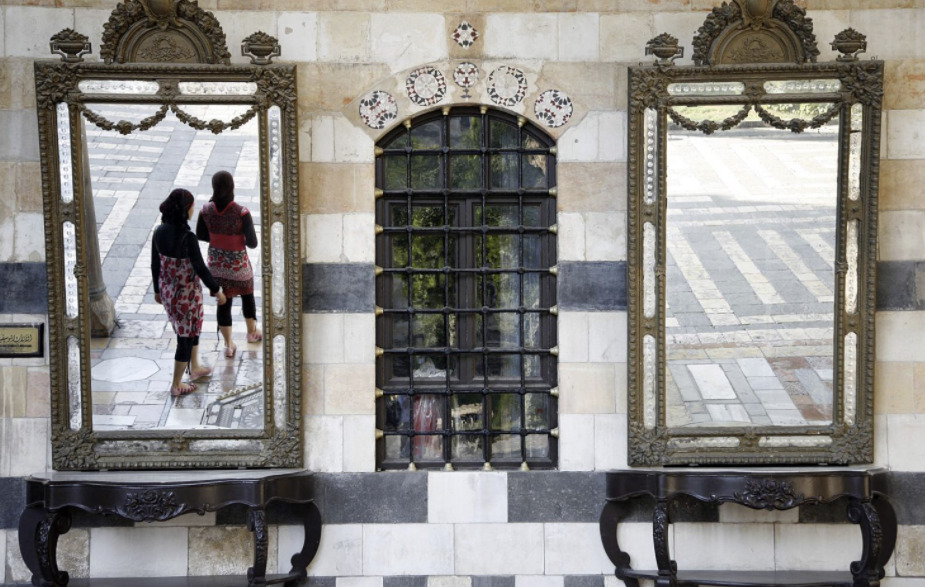Integrity Insights: Amplifying women’s voices from the field
International Women’s Day features in bold letters on most development organisations’ calendars, with 8th March marking a moment to celebrate and show commitment to gender mainstreaming globally. This year, we didn’t want to merely add to the noise and one-line messages of support. Instead, we want to showcase the reality of gender sensitivity and gender-diverse teams in Integrity’s work.
We recognise that, for us to have impact and address the challenges faced by women and girls, we must support women’s participation in all aspects of our work. Though this may sound obvious, we work in complex contexts in challenging times and projects are too often designed and implemented in way that prohibit people from many marginalized groups from breaking out of social norms and gendered expectations.
In this issue of Integrity Insights, we shine a spotlight on two projects in our portfolio. By choosing work in different parts of the world, we hope to highlight the diverse and important roles that women play in global monitoring services. Whilst we have chosen to protect the identity of our colleagues and not publicly name them, we applaud their work and invaluable contributions.
Integrity in South Sudan
Integrity’s team in South Sudan provides critical monitoring, evaluation and learning (MEL) services to USAID and its implementing partners, delivering humanitarian and development assistance across the country. In a country where gender inequality and disability exclusion remain a daily reality, our team prioritises the voices of these vulnerable communities in their data collection processes, working to promote gender equity in all our assessments and evaluations.
While our whole team contributes to these efforts, our Senior Field Monitor and Gender Equality and Social Inclusion (GESI) focal point stands out as a champion of gender equity across the MEL sector. Besides working tirelessly to provide timely, accurate and gender-sensitive third-party monitoring services in her Field Monitor role, she champions gender equity both within and outside the office. She advocates for new, innovative ways to amplify the voices of South Sudanese women to the broader international community through our routine TPM reports, as well as special studies on gender-related topics.
Outside of her core role, she provides regular training sessions to Integrity staff and community monitors to enhance their capacity on integrating GESI into monitoring approaches. In a recent series of seven one-day consultation workshops, she conducted interactive GESI sessions with both the project’s community monitors and participating USAID implementing partners. During these sessions, she highlighted best practices, gender considerations within data collection and the possible negative impacts of assistance interventions on vulnerable populations. She truly lives the values she is working to promote and leads by example for the entire Integrity team and broader community within South Sudan.
Within the same team, our Deputy Chief of Party provides overall strategic leadership to the team in South Sudan and serves as one of our key advisors to USAID on the implementation of MEL activities. As a member of our in-country senior management, she leads the team in the implementation of Integrity’s critical GIS mapping, resilience measurement, and learning and knowledge management activities. This includes the pilot of an innovative new participatory monitoring approach aiming at elevating communities across South Sudan as full partners in the development process. As one of the few South Sudanese women serving as Deputy Chief of Party among international organisations in South Sudan, she is one of the preeminent South Sudanese MEL specialists in Juba. Through her leadership and example, she is #BreakingTheBias and bringing critical female voices to the forefront of thought leadership in the development sector.
Integrity in Syria
As part of Integrity’s ongoing MEL work in Syria, field office teams collect data across the northeast areas of the country. This survey data identifies crucial issues related to resilience, stability and good governance. Working within the data collection team on the ground is a strong female enumerator. Based in the Hasakah city area, she travels around the region with colleagues collecting vital data.
Alongside other men and women, she must navigate challenges which include:
- Collecting high-quality quantitative and qualitative data in a challenging security environment. We occasionally pause data collection for a few days or weeks, or send our teams on different routes, depending on security conditions in any given area.
- Committing to collecting high-quality data from a wide range of respondents in the field. This includes the young and old, men and women, and people of all levels of education.
- Identifying a variety of different survey respondent profiles within the community to reach our required quotas. These include targets for women, youth, elderly people, people with disabilities, internally displaced people and those from religious/ethnic minorities, some from hard-to-reach populations, depending on the area.
At times, being a woman has helped her to access other female respondents. In one recent case, the head of a household in a more conservative town in northeast Syria did not want our male enumerator to enter the home to survey his wife. However, our colleague was able to enter by herself and complete the survey. As in South Sudan, this shows the vital importance of elevating the work of women and ensuring gender-diverse teams.
In both South Sudan and Syria, the work is demanding. Without the women involved in the delivery of projects such as these, the resulting data would not be as rich or rewarding. We hope that these examples serve as a reminder that even, and arguable especially, in the toughest of contexts, the inclusion of women is critical if we are to better understand the world and deliver impactful interventions.
